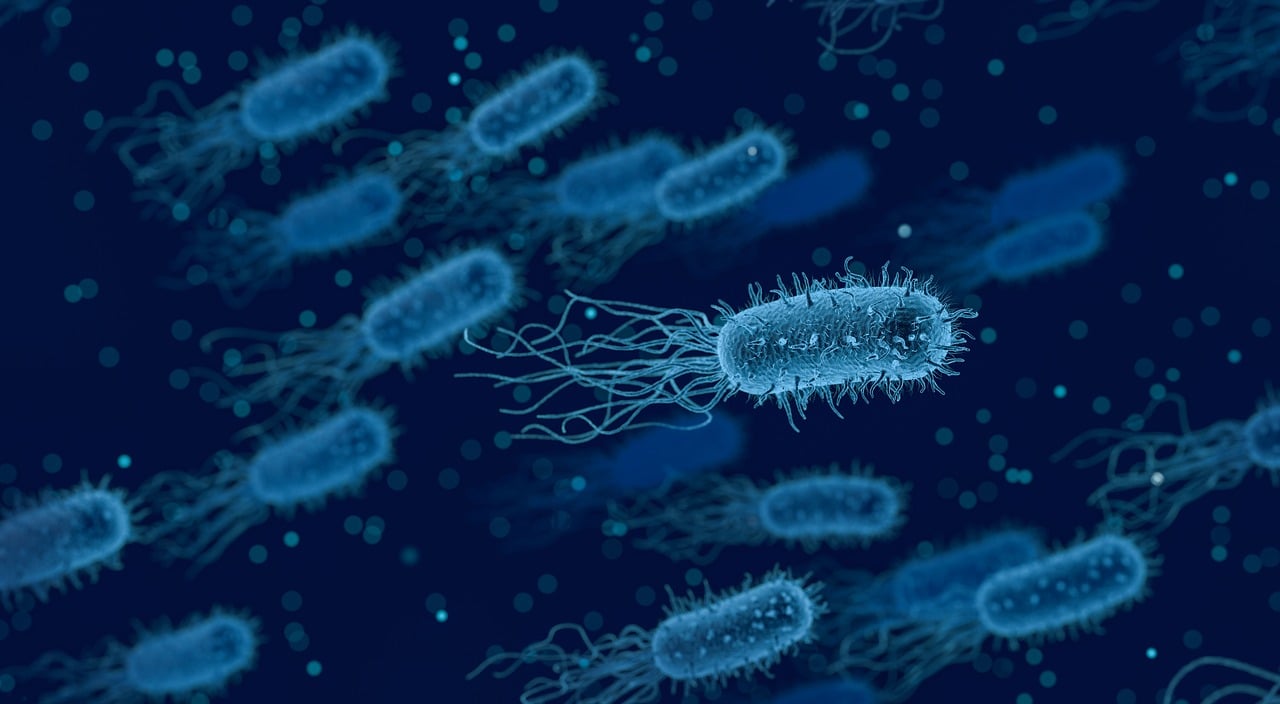A Genetic Mutation in E. Coli Bacteria Turns It Deadly for Humans
Follow us on Google News (click on ☆)
Australian researchers from the University of Queensland and Mater Research have highlighted a phenomenon regarding the bacterium E. coli. Unlike its harmless counterparts, certain strains of E. coli acquire a mutation that prevents them from producing cellulose, thus enabling them to trigger severe, even lethal, infections in humans. This discovery, led by Professor Mark Schembri, Dr. Nhu Nguyen, and Associate Professor Sumaira Hasnain, could impact the fight against antibiotic resistance, a major public health challenge.

An Australian research team discovered a mutation in E. coli that prevents cellulose production, offering new perspectives in the battle against antibiotic-resistant bacteria.
Pixabay illustration image
The mutation in question affects the cellulose production mechanism, a carbohydrate found in plants and algae as well as in beneficial bacteria. The mutant E. coli bacteria, deprived of this ability, become more virulent, enhancing their spreading in vital organs such as the liver, spleen, or even the brain. This lack of cellulose production also leads to increased inflammation in the intestine, allowing the bacteria to breach the intestinal barrier and spread throughout the body.
The implications of this discovery are vast. It provides a better understanding of the mechanisms by which certain E. coli strains cause serious infections, such as sepsis, neonatal meningitis, and urinary tract infections. Moreover, it paves the way for new infection prevention strategies, crucial at a time when the threat of super-bacteria resistant to all available antibiotics is increasing.
The importance of this work cannot be understated, especially since E. coli is among the pathogens most involved in antibiotic resistance. In 2019, this resistance was associated with nearly 5 million deaths worldwide, over 800,000 of which were attributable to E. coli alone. Through this study, published in Nature Communications, the Australian team significantly contributes to the fight against one of the greatest threats to global health.